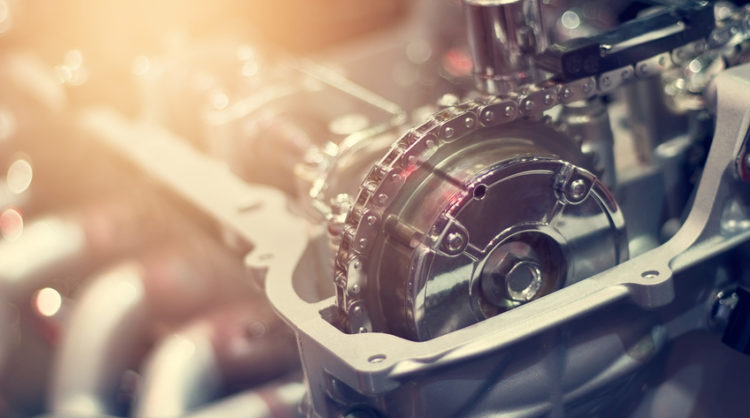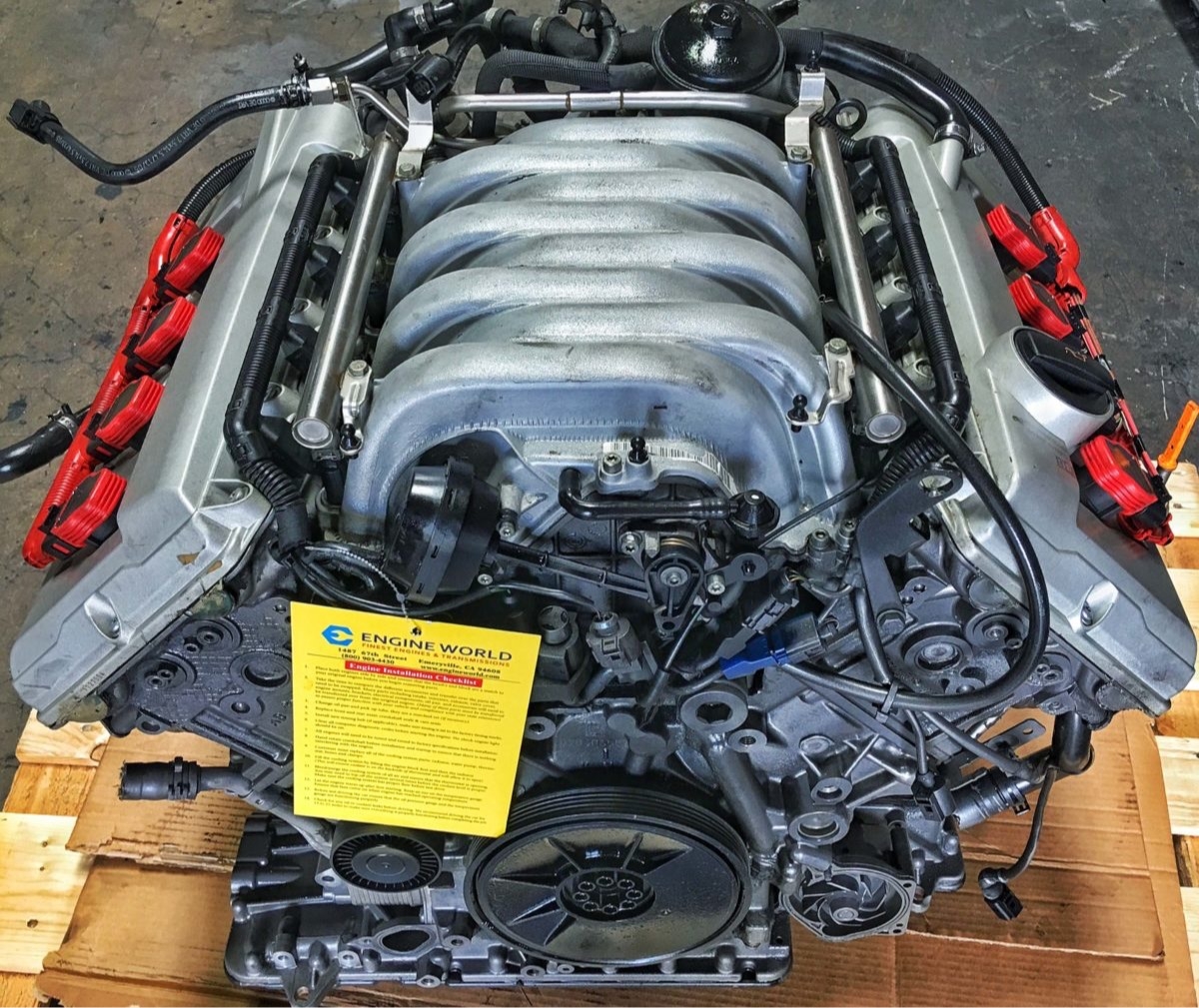High-Performance Used Engines for Sale: Obtain More Power for Less
High-Performance Used Engines for Sale: Obtain More Power for Less
Blog Article
Crucial Considerations for Making Certain Quality and Long Life in Used Engines
When thinking about the purchase of a used engine, ensuring its quality and longevity requires a diverse strategy. Maintenance background is a crucial factor, as it offers insight right into the engine's previous treatment and potential future integrity. Efficiency testing is likewise important, offering a snapshot of the engine's functional performance.
Engine History Evaluation
In the world of made use of engines, a comprehensive engine history examination is vital to guaranteeing high quality and dependability. Understanding an engine's past can supply crucial understandings into its performance capacities and potential future long life. A meticulous history testimonial incorporates a number of key elements that play a substantial duty in evaluating an engine's problem. To start with, maintenance records are essential. Normal maintenance, including oil modifications, filter substitutes, and scheduled tune-ups, indicate that the engine has been well-cared-for, lowering the possibility of unpredicted failures.
Furthermore, examining any kind of background of fixings or replacements is important. Engines that have gone through considerable repair work may have underlying concerns that could resurface. Recognizing the context of such repair work, whether as a result of making problems or owner carelessness, is important in forming a detailed assessment. Analyzing the engine's mileage can serve as a sign of wear and tear. Lower mileage engines are generally better, however it is likewise important to think about how those miles were built up. An engine used mainly for long-distance highway driving might remain in much better condition than one subjected to frequent stop-and-go city traffic.
In essence, an extensive investigation right into an engine's history is necessary for making educated buying choices. used engines for sale.
Comprehensive Evaluation Overview
While understanding an engine's history provides useful context, a comprehensive assessment is the next step to guarantee its present problem straightens with historical information. The assessment ought to start with a visual evaluation, examining for signs of leakages, deterioration, and uncommon wear. Check the exterior for oil stains or coolant marks, which might indicate underlying concerns.
Next, assess the engine's placing system for any loosened screws or abnormalities that might impact performance. Pay very close attention to the problem of belts and tubes, as these components are important for ideal engine functionality. Analyze for fractures, fraying, or any kind of indications of damage.

Recognizing Put On and Tear
Acknowledging signs of damage is crucial dig this for assessing a used engine's longevity and integrity. It includes a meticulous exam of different engine components to establish their present state and potential future efficiency. Typical indicators include noticeable rust, which can affect steel parts and endanger architectural honesty. Rust on or around the engine block, cyndrical tube heads, and exhaust manifolds is especially worrying.
An additional vital facet is examining the engine's seals and gaskets. These parts are essential for keeping proper pressure and protecting against fluid leakages. Evidence of oil leakages or worn gaskets commonly recommends wear and tear, possibly resulting in much more severe issues if not dealt with immediately. Furthermore, unusual noises throughout engine procedure, such as knocking or ticking noises, might suggest internal damage or excessive endure moving components like pistons or bearings.
The problem of belts and pipes is similarly essential, as they play an essential role in the engine's general feature. Cracked or torn belts and fragile hoses are signs old that could result in engine failure if overlooked. Lastly, taking a look at the oil problem and filter can supply insights into previous upkeep methods, as filthy oil or stopped up filters recommend disregard and increased wear.
Efficiency Screening Fundamentals
Examining the deterioration of engine elements sets the stage for a thorough evaluation via efficiency screening. Performance testing works as an essential action in establishing the operational stability of a used engine. By imitating real-world problems, it evaluates the engine's ability to provide power efficiently and reliably. Secret metrics include horse power, torque, fuel effectiveness, and emissions degrees. This data provides useful insights into the engine's current efficiency and helps recognize prospective concerns that may not be right away noticeable.
Utilizing dynamometers is an usual approach in efficiency screening. These tools gauge the engine's output throughout numerous conditions, supplying a comprehensive account of its performance. Furthermore, on-road testing enhances dynamometer evaluations by observing engine behavior under regular driving scenarios, guaranteeing it meets the called for criteria for both safety and security and performance.
These tools assess engine management systems, identifying faults in electronic components that can influence performance. Comprehensive screening not only verifies the engine's operational status yet likewise aids in forecasting future maintenance needs.
Maintenance and Treatment Tips
Appropriate upkeep and care are important to extending the life-span of a made use of engine and guaranteeing its regular efficiency. Routine oil changes are paramount; utilizing the maker's suggested oil type and grade can protect against too much wear and tear. Additionally, oil filters should be changed simultaneously to preserve optimal useful reference lubrication and tidiness within the engine.
Checking liquid levels, consisting of coolant, transmission liquid, and brake fluid, is necessary. Ensuring these fluids go to proper degrees assists prevent overheating and various other mechanical issues. Inspecting belts and hoses for indications of wear, such as splits or fraying, can avert potential failures that may lead to the original source expensive repair services.
Regular evaluation of the air filter is additionally required, as a tidy filter ensures reliable air movement and burning, therefore maximizing engine performance. Stimulate plugs must be inspected and replaced when needed to preserve reliable gas combustion and prevent engine misfires.
Lastly, routine analysis checks using specialist tools can determine possible issues before they come to be considerable issues. By sticking to these upkeep and care suggestions, utilized engine proprietors can ensure their engines continue to be reputable, reliable, and qualified of performing well over an extended duration.
Verdict

Report this page